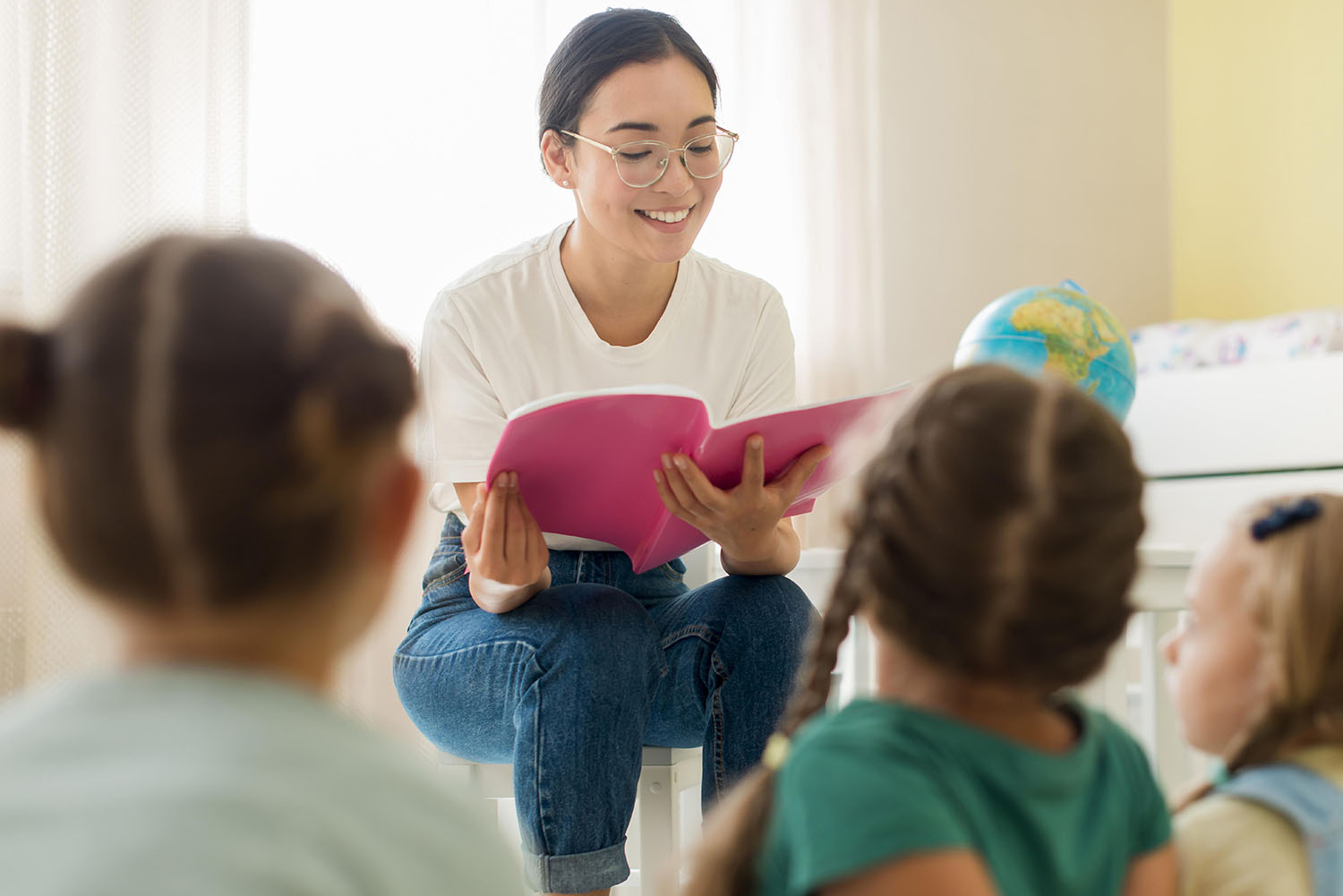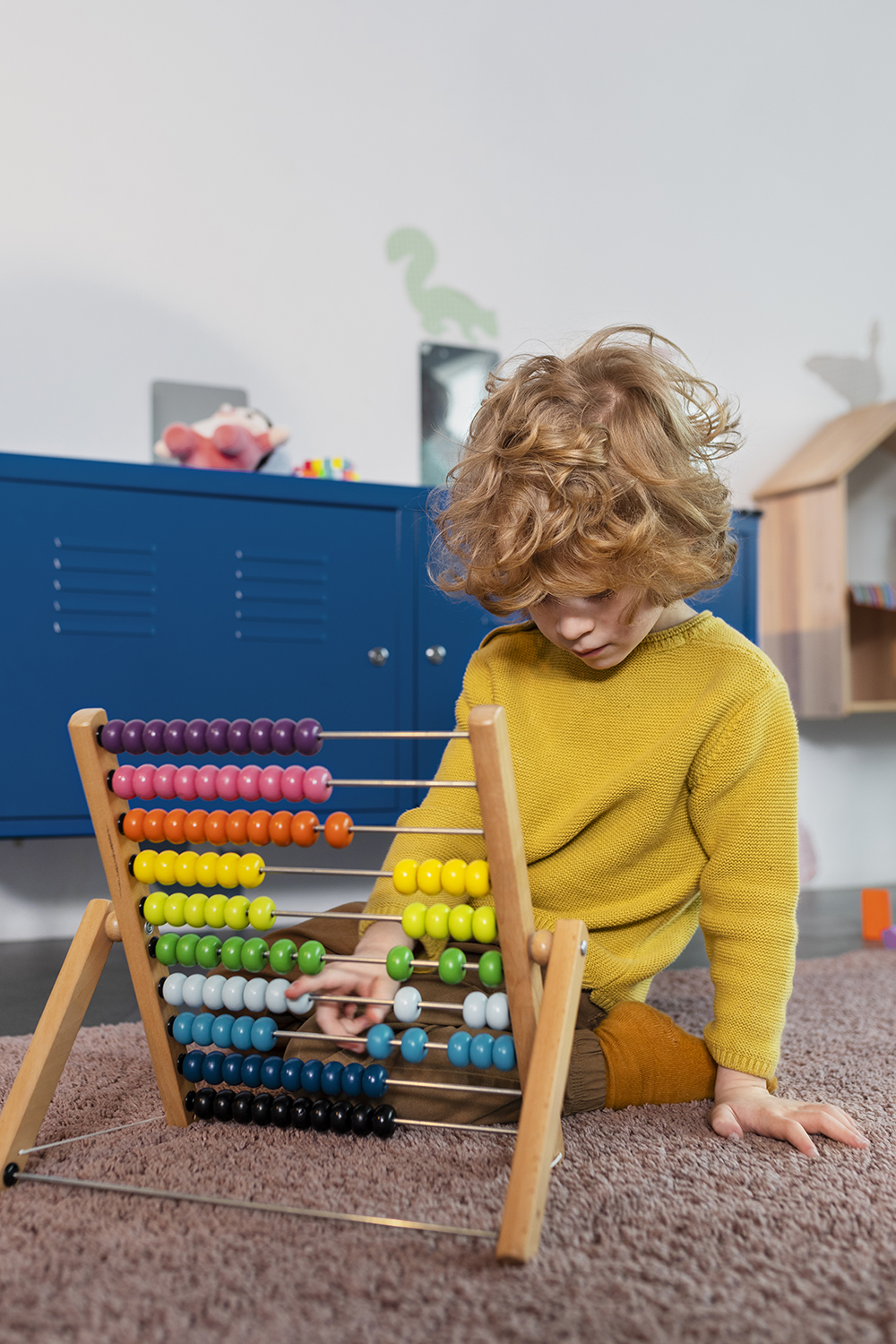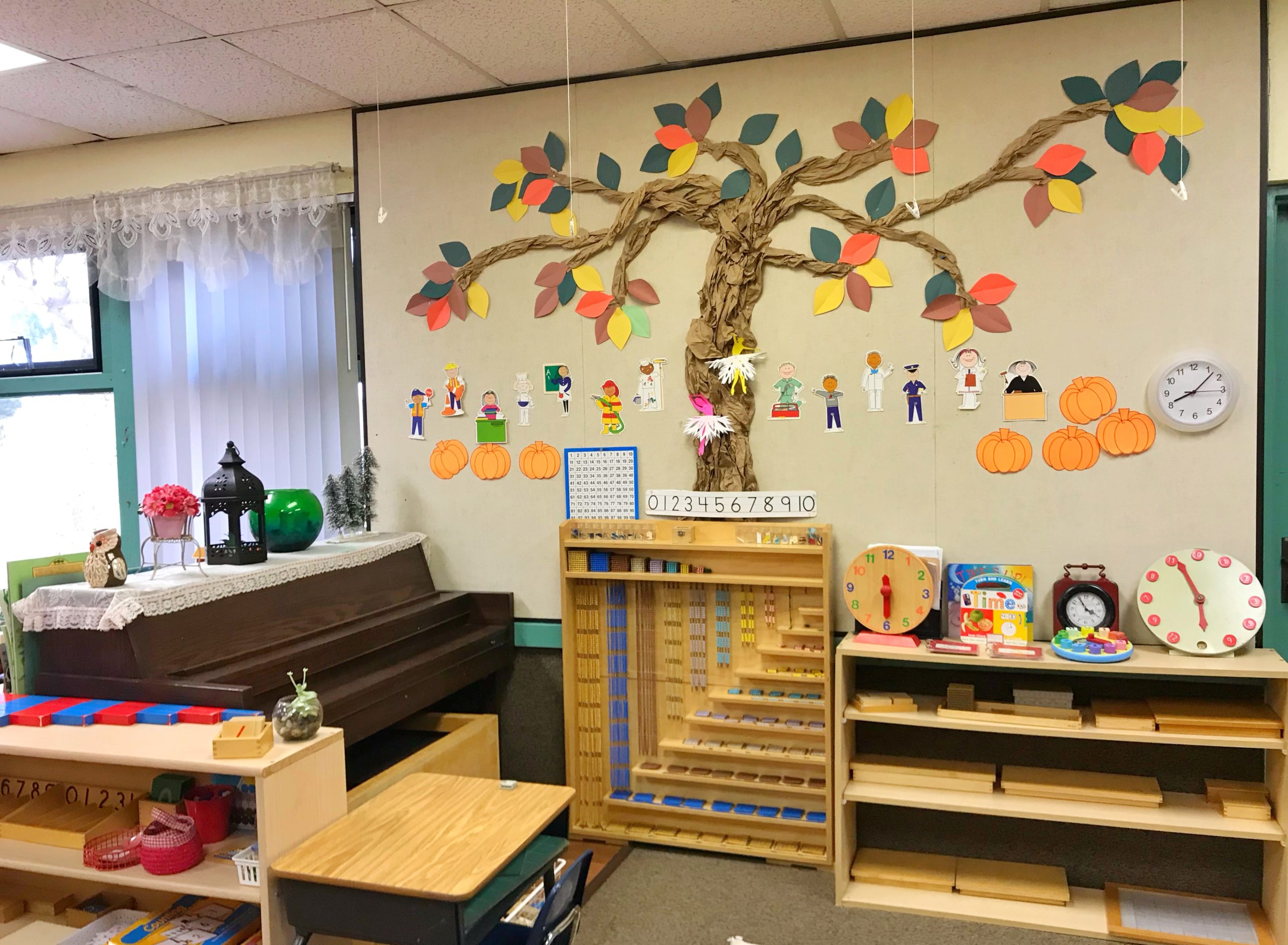
Choosing the right school for our children is a major concern for most parents due to the abundance of schools and education models available. Two popular options are the traditional and Montessori methods, both of which offer different skills to children.
However, the Montessori method is gradually replacing the traditional method because it allows children to explore their environment and learn at their own pace without pressure. Central Montessori School (CMS) offers various programs that stimulate the imagination and skills of preschool children.
When choosing a school, parents should consider the type of education provided. The traditional method trains children in an authoritarian and obligatory environment, mainly preparing them for the workforce. In contrast, Montessori learning strengthens physical, social, emotional, and intellectual skills, allowing students to learn at their own pace and take advantage of their abilities to improve in different areas.
It is important to review a child’s skills, personality, and learning style to determine whether a rigid or flexible system, such as Montessori, would be appropriate. Although the Montessori model was initially believed to be useful only for children with special needs, any student can benefit from it today, with no age limit.
The differences between traditional and Montessori education are significant. Traditional schools have restricted classrooms with designated desks for each student and offer little room for interaction. Montessori schools, like CMS, allow children to function in any part of the room without restrictions and provide tailored lessons with didactic material to stimulate creativity.

Traditional education tends to generate a competitive and rivalrous environment, where students seek to stand out from the rest. The Montessori method encourages cooperation and teamwork, allowing children to learn from their mistakes and find different solutions. There are no evaluations, but instead, there are talks with parents about the progress of each student. Conversely, traditional education views mistakes as a negative that prevents progression to the next level if a subject is failed.
Montessori schools promote individual abilities and self-esteem, motivating children to continue their studies. Conversely, specialists suggest that a greater number of students drop out of school due to feeling pressured. Therefore, Montessori activities aim to develop children’s interaction skills and emotions.
Finally, Montessori classrooms have a smaller number of students than traditional schools to provide personalized attention. Teachers are seen as guides for students, who can even design what they want to learn based on their interests.
Studies show that children educated under the Montessori method are more creative and flexible when seeking solutions to problems. They do not memorize concepts but instead familiarize themselves with words to build a chain of ideas that connect each new thought.
In conclusion, parents should review all their options before enrolling their children in school, particularly if it is their first time. If enrolling in a specialized Montessori institution is not possible, parents can apply this method at home and participate in their child’s learning process. The Montessori method aims to guide children and help them develop skills based on their abilities, encouraging exploration, movement, and constant use of their capacity.




